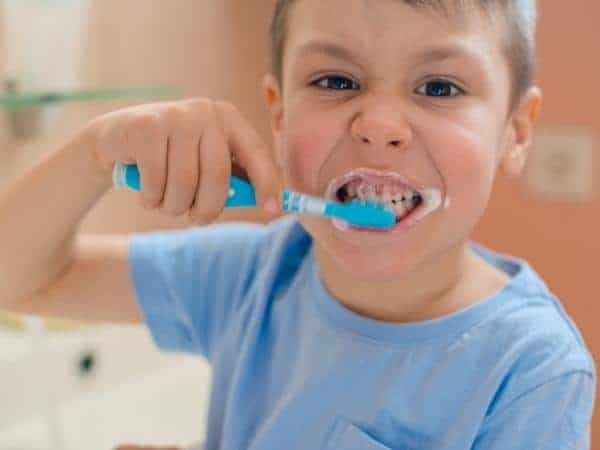What To Eat To Maintain Good Oral Health
This is a collaborative post.
Food directly corresponds to the health of an individual. Just as a balanced diet is necessary to maintain good health, the consumption of healthy and nutritious food is beneficial for good oral health as well.
Let’s take a look into the good, the bad and the healthy foods that affect our oral health. It is advisable to visit a dentist on a regular basis, to keep a check on your oral health. You can find some great experts around the world, take the help of the internet to find one.

While looking for foods that cater to your oral health, make sure that they contain calcium, phosphorus and Vitamin C in generous amounts. Usually, foods that are low on sugar and starch are recommended since they do not dry out the mouth.
Saliva which plays a large role in ingestion is regulated with the consumption of vitamin-rich and non-sticky food.
Hydration also plays a major role in maintaining the PH balance of the mouth area while easily chewable and digestible food is recommended for healthier teeth and gums.
Foods good for your oral health
If you’re looking for an orally beneficial diet then here are a few food groups that you should prioritize. It is also advisable to visit a dentist to get a better idea about what food will suit your teeth or what not?
Find the best dentist, by just looking up on the internet for “dentist London” or “Edmonton dentist“, for example, and the best dentist in your area will be enlisted.
Plant and plant-based food: Studies have proven that vegetarians encountered fewer dental problems than non-vegetarians.
Therefore, remember to include a lot of carrots, cucumbers, parsley, tomatoes, oranges, soybeans and strawberries in your diet to get your daily dose of vitamins C and B (Riboflavin and Niacin).
Foods rich in fibre: A fibre-rich diet is not only good for digestion but also helps to maintain a clean and healthy mouth.
Milk, milk products: The main reason to include milk and milk-based products are that they are rich in calcium and proteins that help to build your teeth and tissues.
Foods containing fluoride: Fluoride prevents tooth decay, therefore, it is necessary to incorporate even small amounts of these into your daily diet to prevent premature breaking and teeth erosion. You can get them from fluoridated drinks, dehydrated soups or commercially prepared foods like packaged grains and frozen meals as well.
Foods containing polyphenols and antioxidants: Foods that contain a generous amount of polyphenols such as green tea, black tea, vegetable oils and even dark chocolate are good for your teeth since they prevent tooth decay by controlling bacteria growth in your mouth.
Sugarless chewing gums: Apart from removing food particles, these chewing gums are great for maintaining the saliva level in your mouth while the flavoured ones also help you maintain a fresh breath.
What food varieties are bad for your teeth?
Just as there is food that works advantageously for your dental health there are certain foods that accelerate the deterioration of your teeth, gums and disrupt the PH balance of your mouth.
It is common knowledge that food that is hard to chew erodes your teeth by removing the top layer of protective enamel, but did you know that there are softer, more chewable foods that have the same effect?
These are starchy, sweet and overly greasy foods. They accumulate over time and cause severe gum and teeth damage, cause severe bad breaths and in extremely bad cases causes stomach aches and indigestion as well.
Conclusion
Following a strict diet, 365 days a year is close to impossible. What you can do is try to regulate the intake of foods that you consume in addition to your regular oral care.
Sugars and sticky food tend to be a part of our regular diet not to mention these are needed by the body in small amounts as well, therefore it wouldn’t make sense to completely exempt them from your diet.
If you follow a health-based diet throughout the week then don’t be scared to indulge during the weekends. If the balance between health and happiness is maintained properly then you will find that oral healthcare is not as difficult as the internet makes it seem.